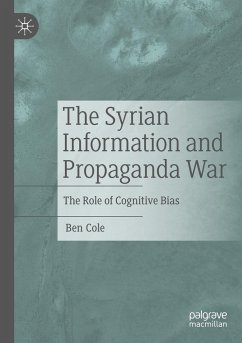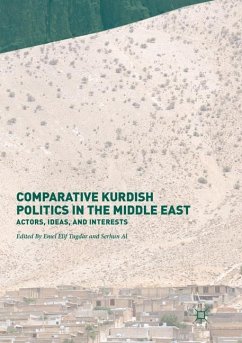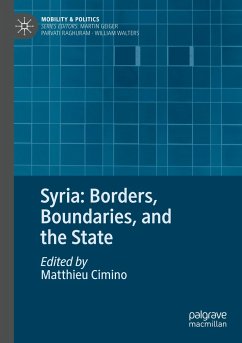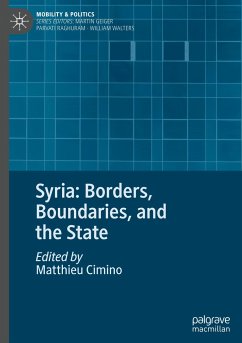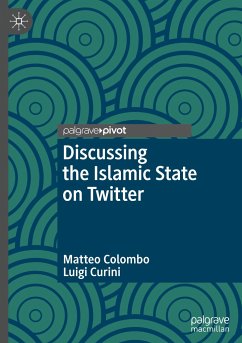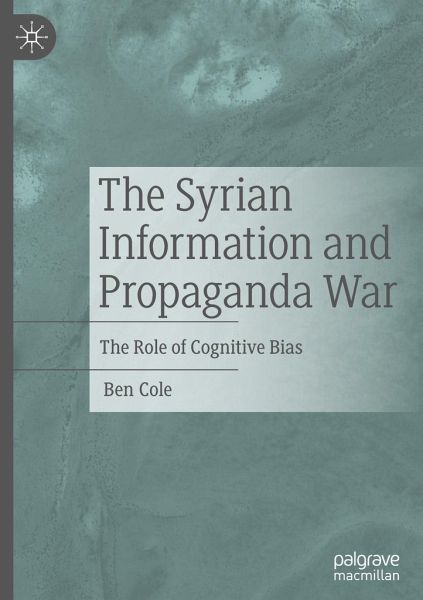
The Syrian Information and Propaganda War
The Role of Cognitive Bias
Versandkostenfrei!
Versandfertig in 6-10 Tagen
91,99 €
inkl. MwSt.
Weitere Ausgaben:

PAYBACK Punkte
46 °P sammeln!
This book focuses on the propaganda war between the Syrian government and the opposition movement, which excludes the Islamic State and the Kurdish-led SDF. Drawing on international relations, psychology, and media studies, the book encourages readers to question the dominant discourse on the war. The core of the book outlines the propaganda battles over the main paradigms and narratives that framed the war, exploring the shortcomings of those paradigms and narratives, identifying who won the propaganda war and why, and assessing what impact it had on the military side of the war. In particula...
This book focuses on the propaganda war between the Syrian government and the opposition movement, which excludes the Islamic State and the Kurdish-led SDF. Drawing on international relations, psychology, and media studies, the book encourages readers to question the dominant discourse on the war. The core of the book outlines the propaganda battles over the main paradigms and narratives that framed the war, exploring the shortcomings of those paradigms and narratives, identifying who won the propaganda war and why, and assessing what impact it had on the military side of the war. In particular, it focuses on the role of cognitive bias amongst primary and secondary sources in determining the outcome of the propaganda war, and whether the influence of this propaganda is best explained by effects or limited effects theory. Through explaining the dynamics of the propaganda war, the book encourages readers to critically question the dominant discourse on the war, assists them in understanding primary and secondary reporting on the war, and shows that the impact of the propaganda war is best understood in terms of limited effects theory. The book's main findings are that: i) the opposition won the international propaganda war but failed to win the propaganda war inside Syria; ii) propaganda had relatively little effect on shaping attitudes either inside Syria or internationally (instead, its main effect was to reinforce attitudes that had already been shaped by other factors); and iii) the reality of the war lies between the conflicting paradigms and narratives being promoted by each side.





